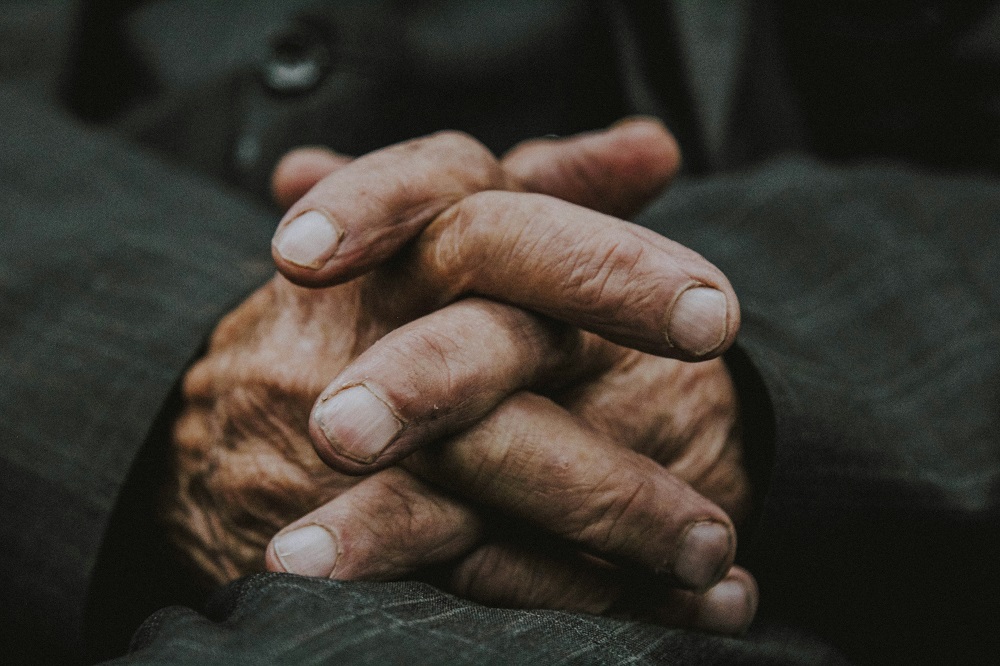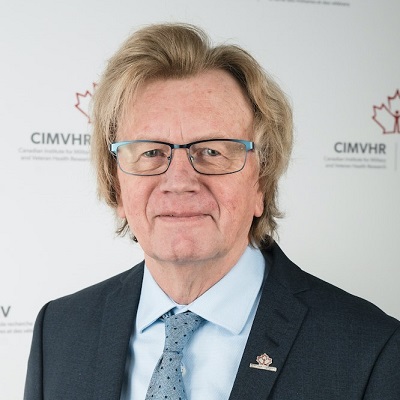Canada’s veterans are rapidly aging, and we need a new strategy to better support them.
A recently released report, Addressing the Coming of Age and its Related Complexities Among Canada’s Veterans, explains that approximately two-thirds of the country’s veterans are at least 55-years-old. Moreover, many of these veterans have complex physical and mental health conditions that increase their risk of experiencing accelerated aging, frailty and requiring long-term care (LTC) prematurely.

Faced with these circumstances, there is an urgent need for the Canadian government to develop a veterans’ aging strategy focused on healthy aging to better meet the needs of veterans and their families and unpaid caregivers.
Almost all of our current cohort of veterans served in the Canadian Armed Forces (CAF) after 1954, including those who took part in combat operations in the former Yugoslavia and in Afghanistan. Some of these veterans live with higher rates of back problems, arthritis, hearing problems, chronic pain, anxiety, depression and post-traumatic stress disorder (PTSD) than other Canadians of comparable age and sex.
Their physical and mental health conditions put them at risk of aging faster and becoming frail – increasing their risk of losing functional abilities or needing LTC as they age.
In fact, nearly a quarter of veterans released from the military between 1998 and 2018 need help with at least one functional activity of daily living and the overwhelming majority of them rely on their spouse or partner for care. Yet, a considerable number of veterans – close to one in four – live alone, increasing their risk of social isolation and possibly making it more difficult for them to age in their own home for as long as possible – something most veterans want.
Today’s veterans are more diverse than previous generations, with more women, Indigenous and racialized people and members of the 2SLGBTQI+ community among their ranks. However, the unique experiences and challenges of veterans from equity-deserving groups have often been overlooked, leaving gaps in our knowledge about the best ways to meet their needs as they age, including providing culturally appropriate and trauma-informed care.
Veterans Affairs Canada (VAC) has been a leader in developing programs that help veterans remain in their own homes for as long as possible. The Veterans Independence Program (VIP) – which provides financial support for services such as housekeeping, meals, grounds maintenance and personal care for veterans at home – is a leading example.
The VIP is not only popular among Canadian veterans, it has gained traction elsewhere with other countries introducing similar programs for their veterans. The VIP is a strong foundation on which the government can build a veterans’ healthy aging strategy.
By investing in programs and services that focus on health promotion, including delaying or preventing frailty, there is an opportunity to proactively recognize potential health problems and respond before they occur or get worse, helping to keep more veterans at home and out of costlier LTC settings for as long as possible.
Given the high degree of mental health conditions among veterans, the aging strategy must also include expanding or developing new mental health supports for veterans who increasingly struggle with anxiety, depression, PTSD and their related challenges.
Acknowledging the critical role of unpaid caregivers who are supporting veterans to age in their communities, the government should also review the resources it provides for them to ensure that they are sufficient. The spouses and partners of veterans may be facing difficulties related to their own physical and mental health, burnout or financial instability. As a result, an aging strategy for veterans must include the right mix of supports for their unpaid caregivers.
Additionally, there must be further investment in research on veteran aging – including around PTSD and dementia and the needs of veterans from equity-deserving groups – to better understand and then close gaps in care and services.
As they age, the challenges facing veterans and their families will only intensify. The government must adopt and support a healthy aging strategy to meet their needs. After their years of service and sacrifice, our veterans deserve nothing less.
***
About the authors:

Dr. Samir Sinha is a Geriatrician and the Director of Health Policy Research at the National Institute on Ageing.

Dr. John Muscedere is Scientific Director of the Canadian Frailty Network.

Dr. David Pedlar is Scientific Director of the Canadian Institute for Military and Veteran Health Research.




